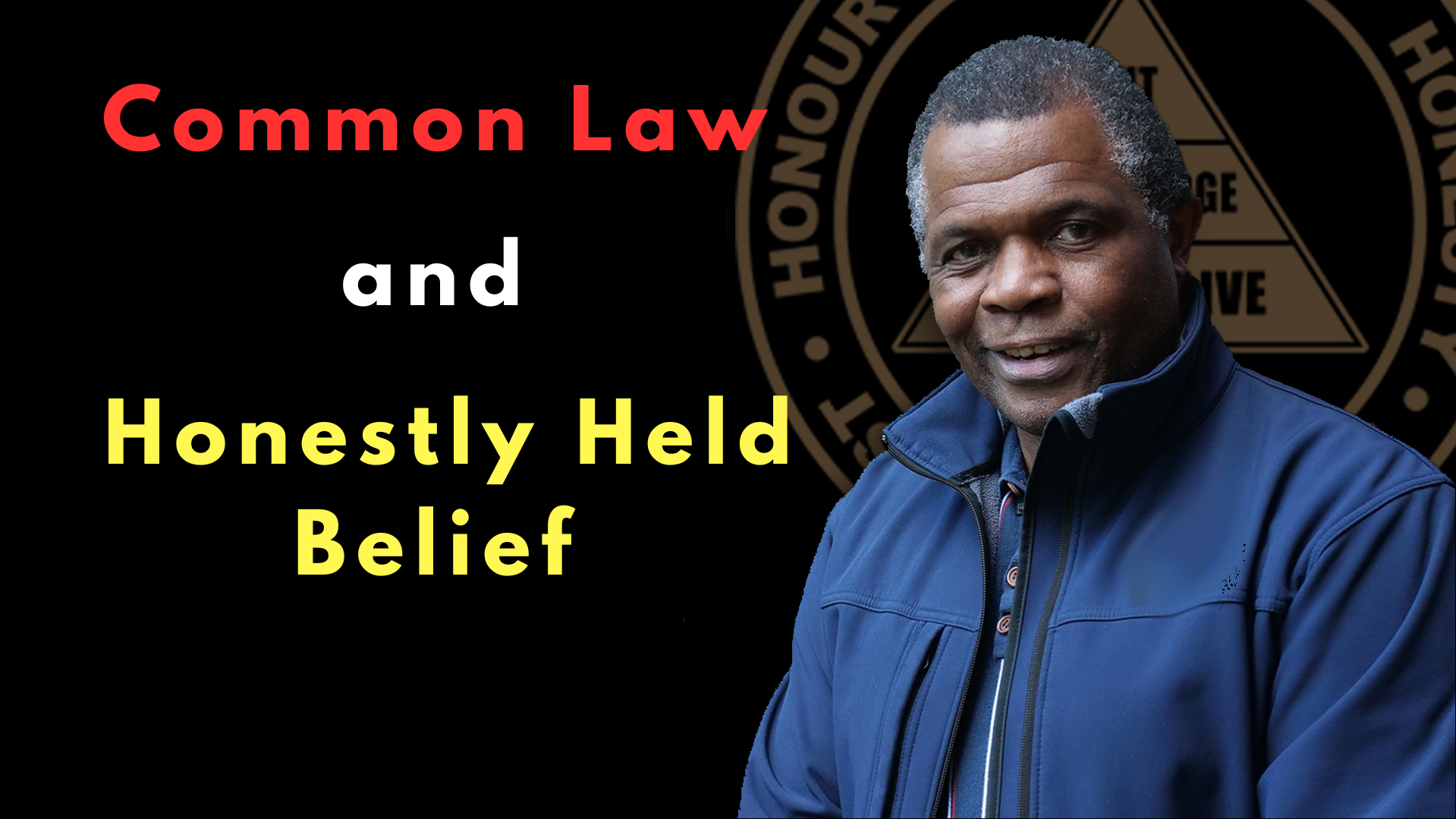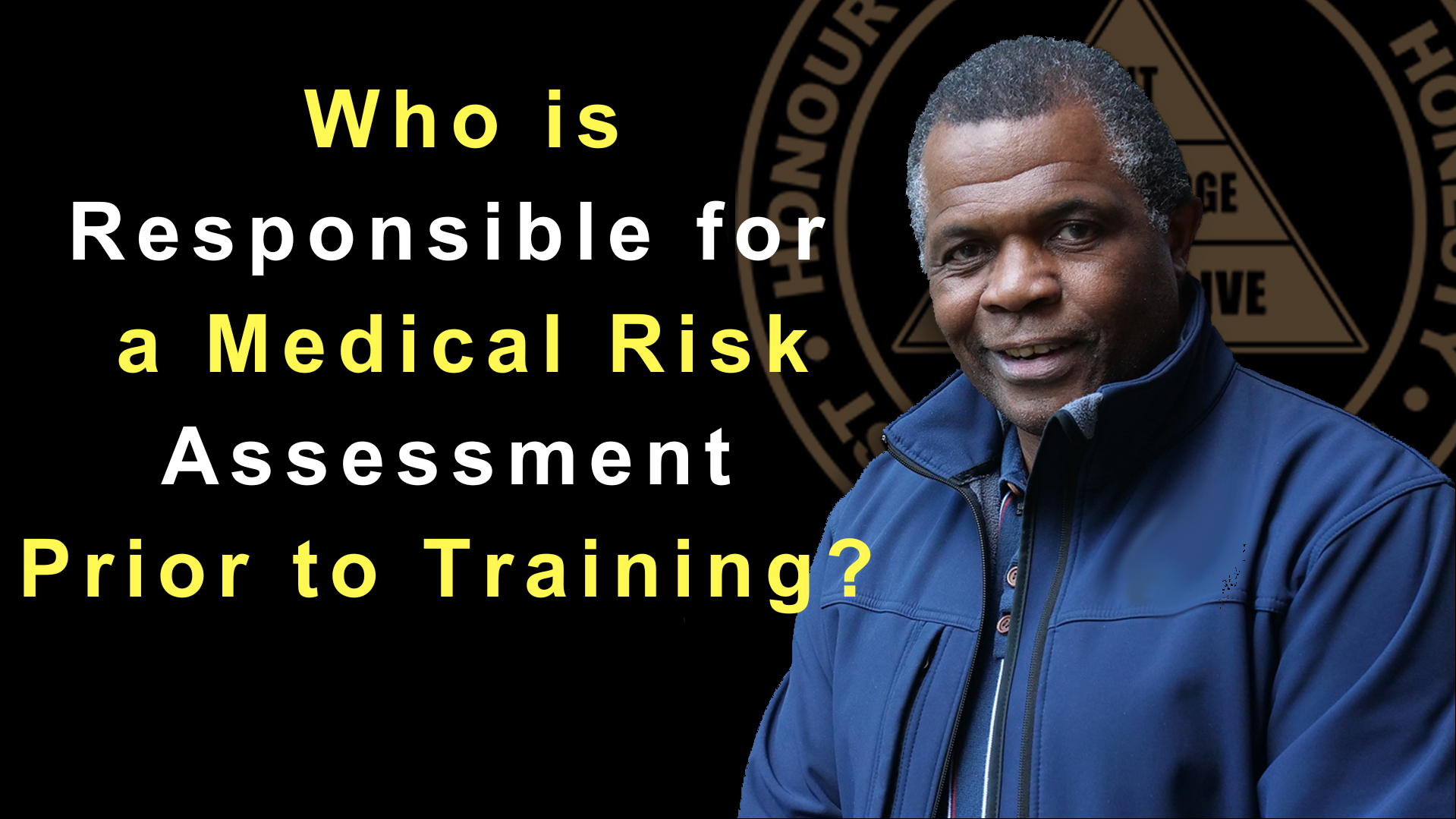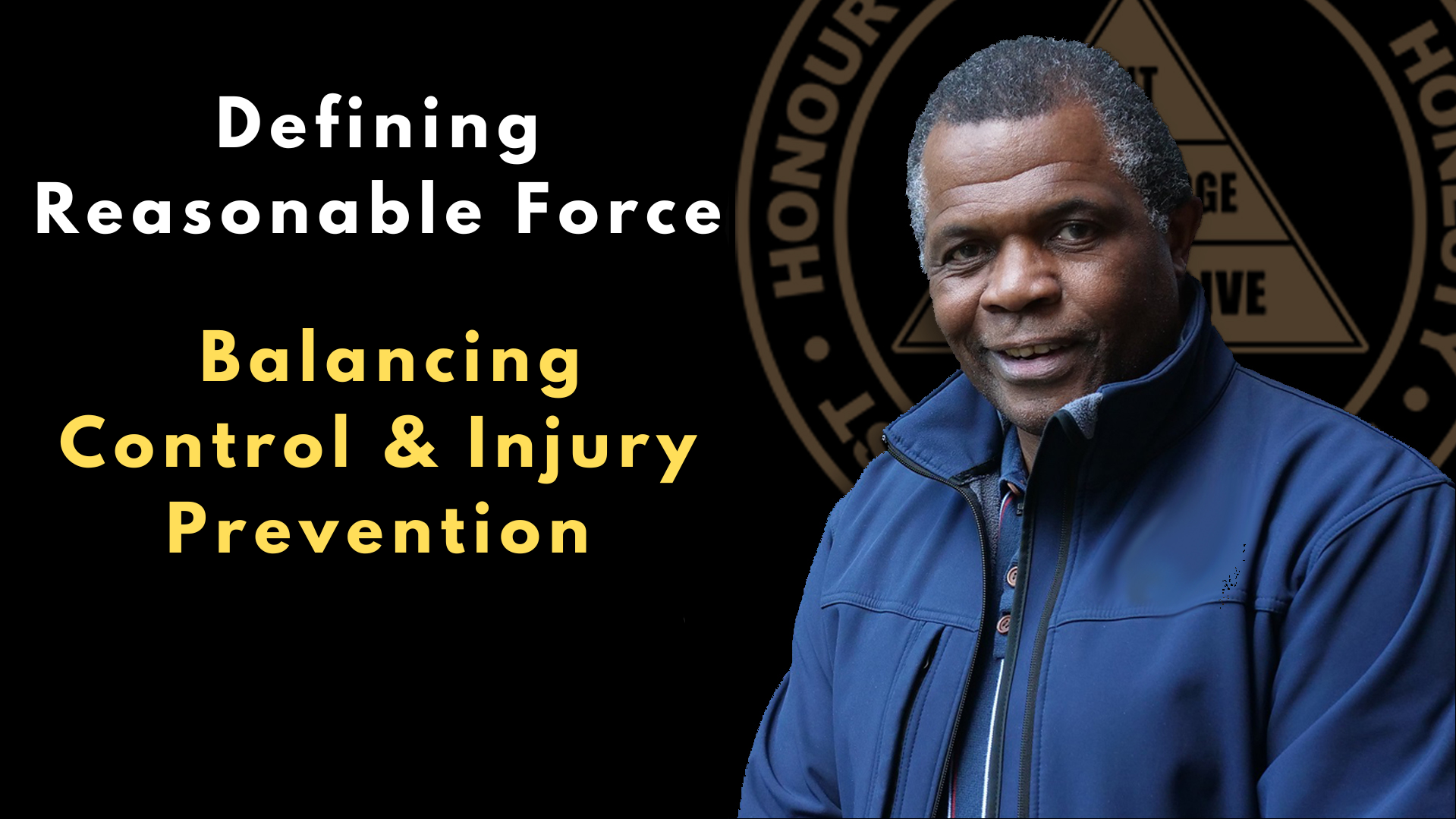Observation – A Crucial Perspective In The Use of Physical Intervention
Up to the year ending March 2023 overall there were 2.1 million offences against the person recorded. This was a 20% rise compared with the pre-covid pandemic year ending March 2020. Violence with injury was 6% higher (573,791 offences) than levels recorded in the year ending March 2020 (540,870 offences). Violence without injury increased by 14% to 828,673 offences compared … Read more










